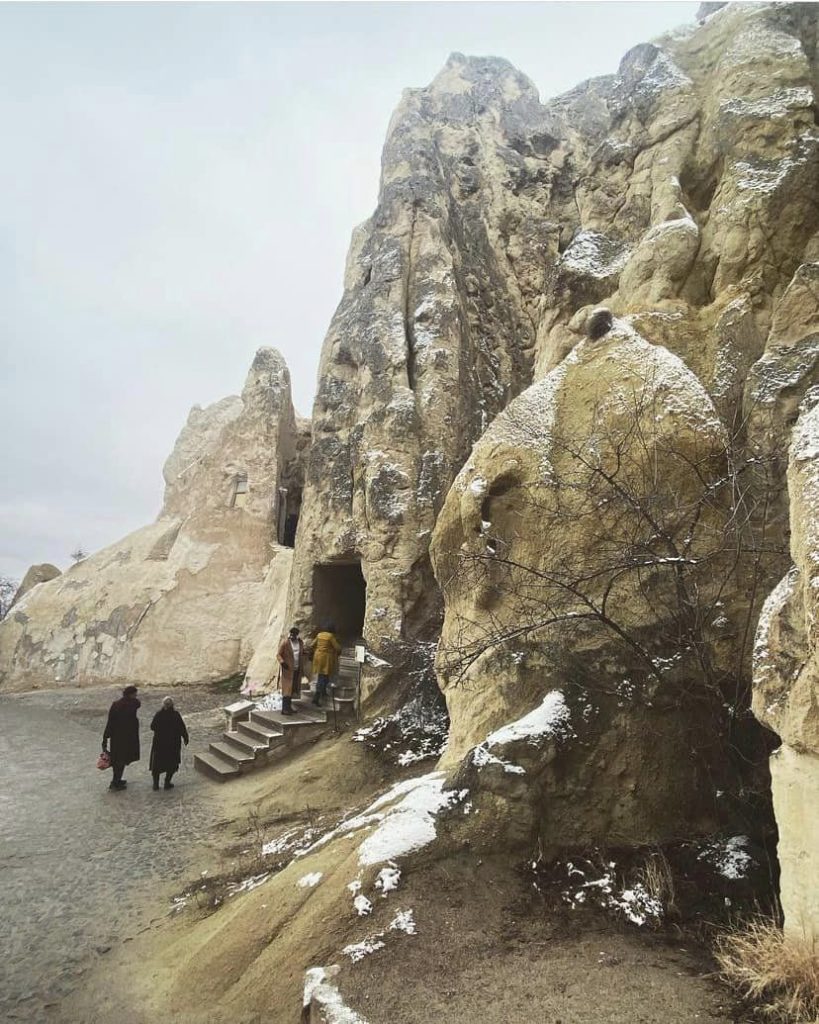5 Curiosities of Turkish Culture. Turkey is a country with a deeply rooted culture that has been influenced by many civilizations over the centuries. As a result, Turkish culture is unique and diverse, with many customs and traditions that are fascinating to explore. In this article, we will take a closer look at five curiosities of Turkish culture that are sure to leave you amazed.
Tour: Turkey Legends

Turkish Tea Culture
Turkish tea, or çay, is a staple of Turkish culture. It is consumed throughout the day and is often offered to guests as a sign of hospitality. Unlike in many other countries, Turkish tea is not served in teacups, but in small, tulip-shaped glasses. The tea is brewed using a special two-tiered teapot called a çaydanlık, which allows the tea to steep in the upper pot while boiling water is kept in the lower pot.
Drinking tea in Turkey is not just about the beverage itself, it is a social activity that is deeply ingrained in Turkish culture. It is common for people to gather in tea gardens, or çay bahçesi, to drink tea and socialize. These tea gardens can be found all over Turkey, and they are particularly popular in Istanbul. Drinking tea in a çay bahçesi is a great way to experience Turkish culture and meet new people.
Turkish Coffee Fortune Telling
Turkish coffee is another important part of Turkish culture. It is prepared using finely ground coffee beans and is brewed in a special pot called a cezve. Turkish coffee is served in small cups, and it is often accompanied by a small glass of water and a piece of Turkish delight.
One of the most interesting aspects of Turkish coffee is the art of fortune telling. After the coffee is finished, the cup is turned upside down on the saucer, and allowed to cool. Once the cup is cool, the fortune teller will read the coffee grounds that remain in the cup. The patterns and shapes that are formed by the coffee grounds are believed to hold a message about the drinker’s future.
Fortune telling with Turkish coffee is a popular tradition in Turkey, and it is often practiced at weddings and other special occasions. It is a fun and unique way to learn about your future while experiencing Turkish culture.

The Evil Eye in Turkish Culture
The evil eye, or nazar, is a common symbol in Turkish culture. It is believed to protect against the evil eye, which is thought to be a curse that is caused by jealousy or envy. The symbol of the evil eye is often found on jewelry, clothing, and other decorative items.
In Turkish culture, it is common for people to wear an amulet, or nazar boncuğu, to protect against the evil eye. These amulets are typically made of blue glass, which is believed to have the power to ward off the curse. It is also common for people to hang a nazar boncuğu in their homes or cars to provide protection.
The belief in the evil eye is deeply ingrained in Turkish culture, and it is a fascinating aspect of Turkish folklore. Whether you believe in the curse or not, the symbol of the evil eye is a beautiful and unique part of Turkish culture.
Turkish Traditional Clothing
Traditional Turkish clothing is both beautiful and functional. For men, the traditional clothing includes a long shirt called a gömlek, a vest called a yelek, and a pair of pants called şalvar. Women’s traditional clothing includes a long dress called a elbise, a vest called a cepken, and a headscarf called a şal.
Although traditional clothing is not commonly worn in modern Turkey, it is still an important part of Turkish culture. Traditional clothing is often worn during special occasions, such as weddings and festivals. It is also common for Turkish dance groups to wear traditional clothing during performances.

Turkish Hammams and Bath Culture
Turkish bath culture, or hammam, has a long and rich history in Turkey. Hammams can be found all over the country, and they are an important part of Turkish culture. A typical hammam experience involves spending time in a hot room, followed by a scrub, and a massage.
Hammams are not just about getting clean, they are also a social activity that is deeply ingrained in Turkish culture. In the past, hammams were important meeting places where people would gather to socialize and do business. Although hammams are not as popular as they once were, they are still an important part of Turkish culture.
Embracing the Unique and Beautiful Aspects of Turkish Culture
Turkey is a country that is filled with unique and beautiful aspects of culture. From the tea gardens of Istanbul to the hammams of Ankara, there is always something new and exciting to discover. By embracing the curiosities of Turkish culture, you can gain a deeper appreciation for the country and its people. So, the next time you find yourself in Turkey, be sure to take some time to explore the unusual and fascinating customs that make this country so special.
Make your dream trip possible, receive a personalized quote and payment facilities to suit your needs
No compromises!




